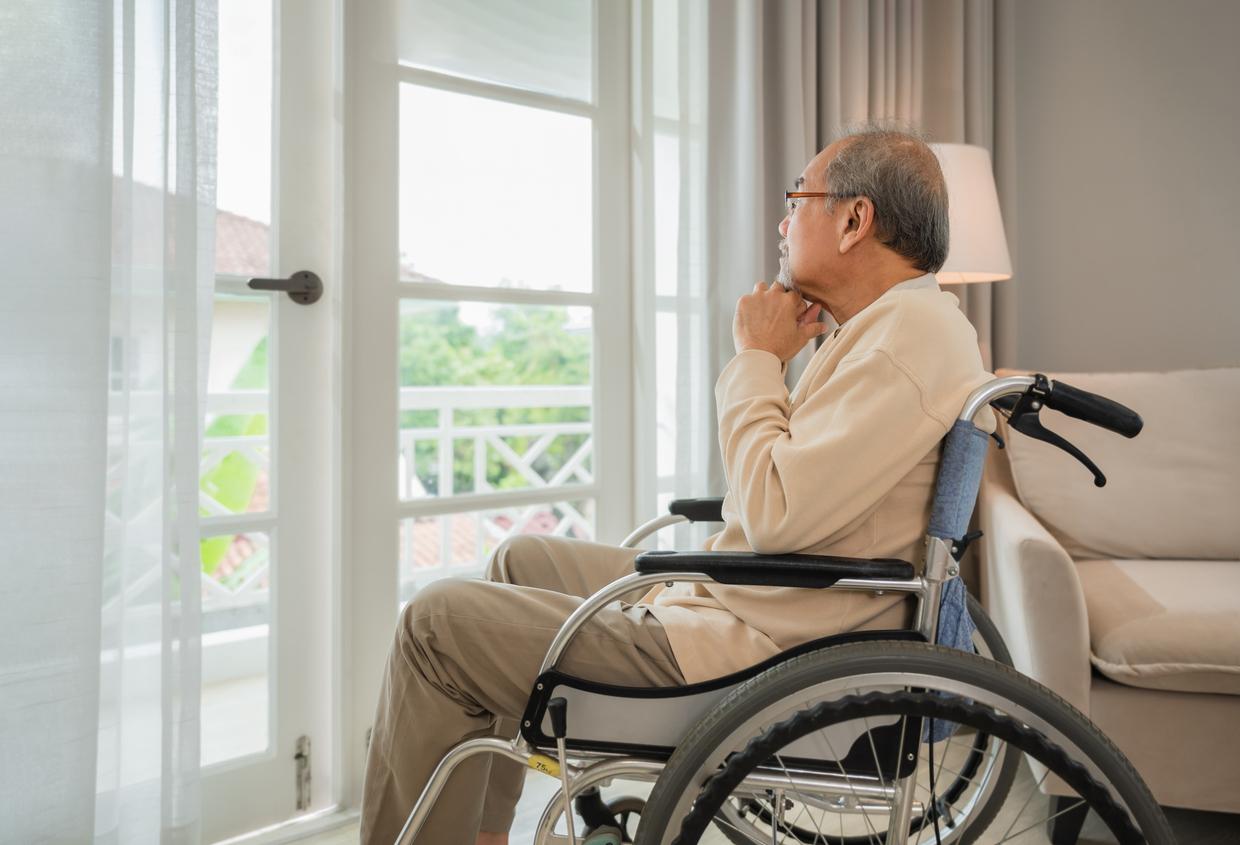A study confirms work already carried out on the health of veterans. They would be more at risk of developing Charcot’s disease, which is rare.

The risk of developing post-traumatic stress disorder was known to be high for service members involved during their service in violent conflict.
Now, a new study shows that other pathologies, otherwise rare, could also appear more frequently within this population. This is the case of the Charcot’s disease.
In France, approximately 8,500 people are affected by this “orphan” disease, and three to four cases are diagnosed every day. Also known as amyotrophic lateral sclerosis, the condition attacks motor neurons, the nerve cells that control voluntary muscles. This results in muscle weakness, and progressive paralysis of the muscles, throat and diminished respiratory functions.
Gulf War
In 2002, an American study had already shown that military personnel who had served during the first Gulf War (1990-91) were more at risk of developing this pathology. The researchers then explained that the patients could have been exposed during the fighting to toxic substances at the origin of the disorders observed.
The one just published in the magazine Occupational and Environmental Medicine looked at the medical records of 57,000 retired Scottish soldiers, who had served between 1945 and 1985, and who had extensive combat experience. In particular, the researchers looked at the number of hospitalizations and the death rate linked to Charcot’s disease.
The incidence of this disease is rather low in the general population. Therefore, a small number of ill veterans may reveal abnormalities in this group. According to the researchers, the veterans studied had a 50% higher risk of developing the disease than non-veterans.
Link still uncertain
On the other hand, the experts are not able to say, as in the American study of 2002, if this increased risk was linked to the Gulf conflict. However, they put forward a few leads, in particular greater tobacco consumption among soldiers, or even a greater probability of trauma in this population.
Doctors currently do not all agree on the causes of Charcot’s disease. Genetic factors have been put forward in a few cases. Some health professionals believe that trauma or exposure to toxic substances can promote the onset of the disease, but this is still debated. The conclusions of this study on veterans nevertheless go in this direction, without attributing the increased risk to a particular conflict.
.

















